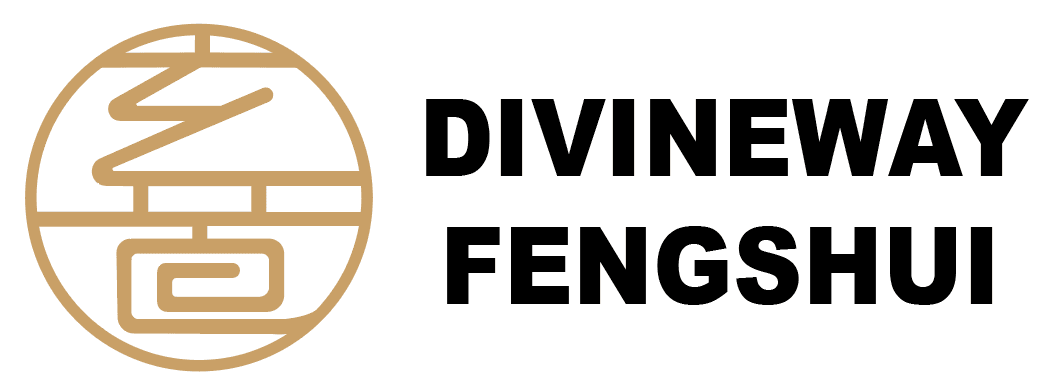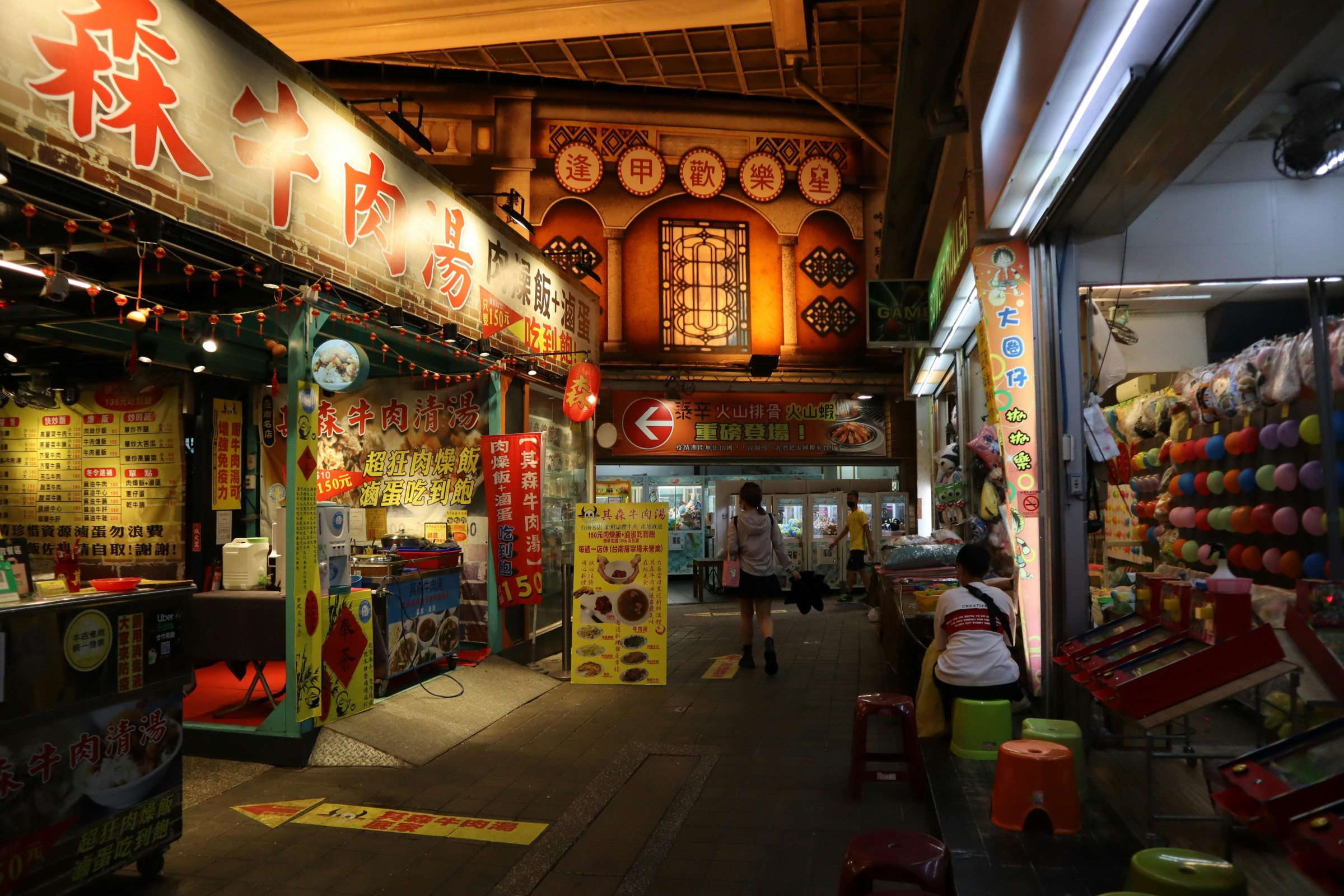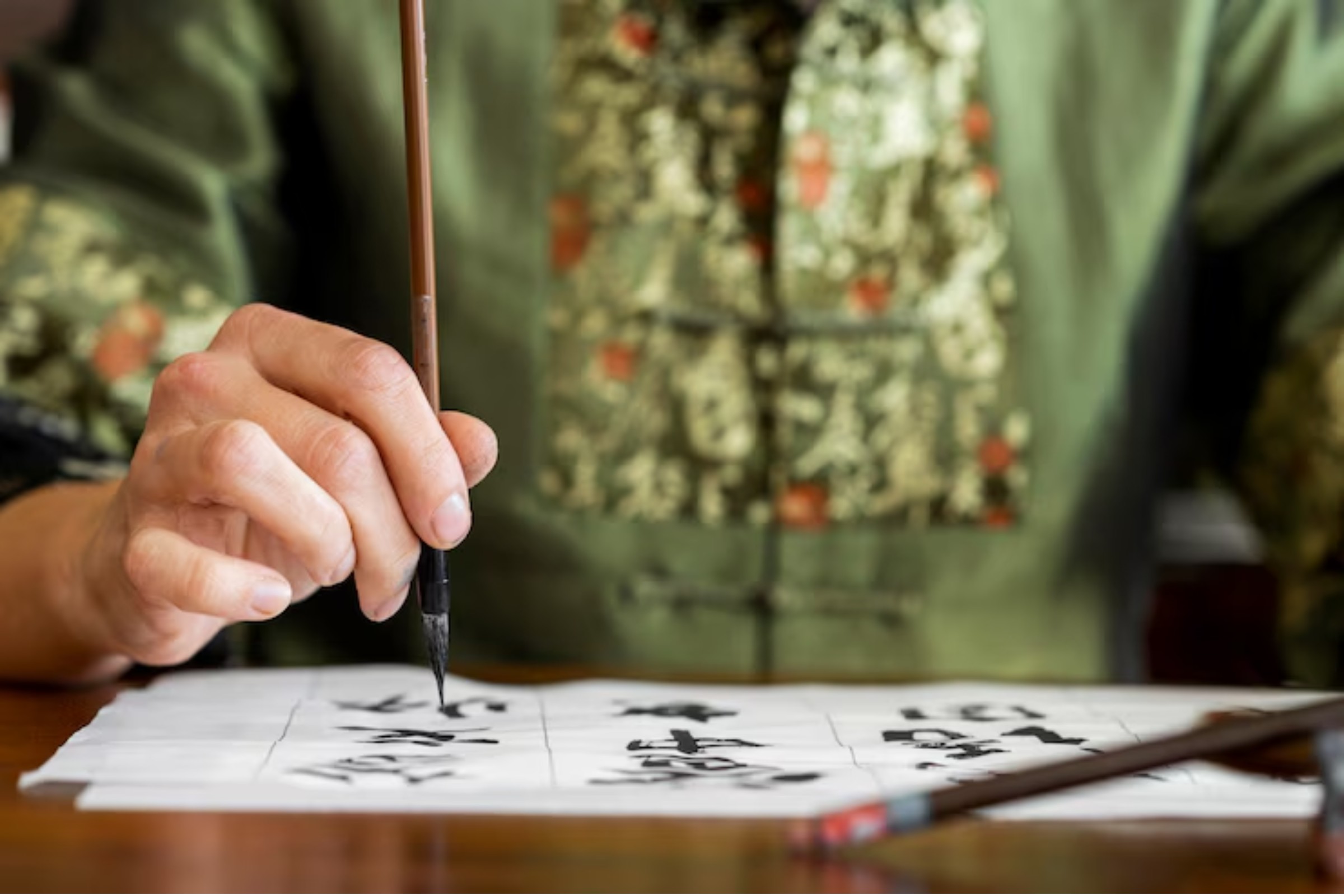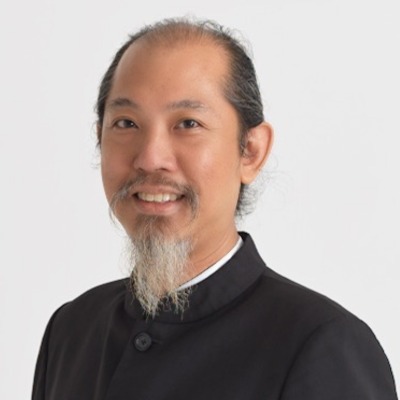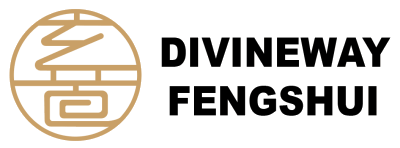Stepping into a feng shui shop for the first time can feel like entering a treasure trove of curious objects and colourful symbols. Such stores often brim with crystals, statuettes, talismanic coins and other items meant to “tune” the energy (chi) of your home. For a beginner, it’s natural to feel a bit daunted by the array of choices.
In this guide we’ll explain the basic concepts behind feng shui and what sorts of products you might find on the shelves. We’ll also offer friendly tips on how to approach shopping for remedies or decor – what questions to ask, what to watch out for, and how to use your finds later. This way, you can browse with confidence and make choices that truly suit your home and intentions.
Understanding Feng Shui Basics
Before we discuss shop items, it helps to grasp some key feng shui ideas. Feng shui (literally “wind-water” in Chinese) is an ancient practice that aims to harmonise the flow of energy – or chi – in a space.
The goal is to balance forces so that your home or office feels comfortable, promotes well-being, and even invites luck or prosperity. Two core concepts are yin and yang (complementary forces, like night & day) and the Five Elements (water, wood, fire, earth, metal).
Qi (chi) and Yin–Yang
In feng shui, every object and room has an energy quality (chi). For example, a dark, stagnant room feels yin (inactive) whereas a bright, warm space feels yang (active).
Good feng shui balances yin and yang so neither is too overwhelming. When shopping, you’ll find items meant to adjust these energies – for example, a bright red ornament (yang/fire element) can warm up an otherwise cold, dark corner (yin/earth).
Five Elements
Feng shui teaches that five elemental essences – Water, Wood, Fire, Earth and Metal – form the building blocks of life. These are not just literal elements but energetic “phases” of chi.
Each has its own qualities: for instance, Wood represents growth (young bamboo shoots), Fire is transformative (flame, red colour), Earth is stable (soil tones, ceramics), Metal is contracting and precise (metal objects, circular shapes), and Water is fluid (fountains, black or blue hues).
By introducing objects of a certain element (like metal bells, wooden sculptures or an aquarium), you can strengthen or balance a particular energy in a part of your home.
Bagua (Energy Map)
A bagua is an eight-sided diagram that overlays your floor plan to relate areas of life (wealth, career, relationships, etc.) to compass directions. Many remedies sold in feng shui shops (like mirrors or crystals) are chosen based on which bagua zone of your home needs enhancement. We’ll touch on this when discussing items, but the takeaway is: the right object often depends on where you plan to put it in your home.
By bearing these concepts in mind, your visit to the shop will make more sense. The shop’s owner or books may talk about boosting “wood energy” or fixing “poison arrows” with cures – these are feng shui ways of saying “use this item to correct an imbalance or block harmful energy in a certain area.”
What You’ll Find in a Feng Shui Shop
A typical feng shui store offers many varieties of objects designed as “cures” or enhancements. Think of them as purposeful decor – each item symbolically attracts or deflects energy. Common categories include:
Crystals and Gemstones
These are often the first section novices notice. Crystals like clear quartz, amethyst, citrine or rose quartz come in palm stones, clusters or spheres. In feng shui each crystal type is believed to carry specific energies (for example, citrine is linked with abundance and positivity, rose quartz with love and harmony, amethyst with calm and protection).
Because of their clarity and weight, crystals are considered an “Earth remedy” – the grounding earthy energy can stabilise other elements in a home. Some crystals are cut into shapes: round balls symbolize unity and can enhance metal energy, pointed towers direct energy, and clusters radiate energy outwards. You may also find crystal towers for altars or grids of multiple crystals.
Statues and Figurines
Many statues represent auspicious animals or deities. For example:
- Laughing Buddha (Hotei) is a jolly, pot-bellied figure symbolising abundance, happiness and contentment. Rubbing his belly is said to bring good luck and wealth. Statues of the Laughing Buddha often hold beads or gold ingots, emphasising prosperity.
- Guanyin (Kuan Yin), the Buddhist bodhisattva of compassion, is often displayed for peace and healing.
- Shou Lao (God of Longevity), Fu Lu Shou trios, or Cao Guojiu – figures from Chinese folklore associated with good fortune in specific areas (health, career, etc.).
- Animals: Dragons (power, protection), Phoenix (growth and renewal), Foo Dogs (lion guardians, protection), Elephant (wisdom and luck), Mandarin Ducks (romantic love), Fu Dogs, Mandarine Ducks, Mandarin Ducks, YuanBao (boat of coins), Dragon Turtles, etc. For example, the “Money Frog” (three-legged toad) is a common figure said to attract wealth when placed near cash registers or entrance areas.
- Qi Lin (Kylin) and Seven-Star Sword – rarer in Western stores, but sometimes sold for protection against negative influences.
These figurines are usually made of metal, resin, jade or other stones. The form and quality matter: a respected feng shui teacher warns that using the correct shape and size is crucial, because a remedy with the “wrong form or wrong size would decrease the effectiveness or have no effect”. In other words, an authentic statue made with proper symbolism is thought to work better than a generic version.
Mirrors and Talismans
These include bagua mirrors and magic mirrors. A bagua mirror is an eight-sided mirror framed with trigrams (the bagua symbols). It is a classic feng shui tool used outside the home to deflect harmful energy (so-called “poison arrows” like sharp corners pointing at your door). By placing a convex or flat bagua mirror above an exterior door or window, you can ward off negative influences. (These mirrors should not be used indoors, nor aimed at people, as traditional feng shui instructs.) Shops also sell lucky wall mirrors or circular Ba Gua mirrors with colours, intended for indoor decor in the centre or important sectors.
Other talismans might include Feng shui coins (often three or more Chinese coins tied with red ribbon), Wu Lou (calabash) gourds for health, Chinese calligraphy scrolls (promoting prosperity or health), talismanic sutra texts or Buddhist mantra wheels/pendants. For example, Chinese coins are a classic money symbol: they are often sold in sets of 3, 6 or 9 and carried in wallets or hung in home’s wealth corners. These coins “anchor positive energy and attract abundance and prosperity” while keeping negativity at bay.
Plants and Water Features
Some shops have aquariums with lucky fish (usually Arowana or “money fish”), or fountains. A working fountain symbolises flowing wealth; in classical feng shui, running water drawn towards the house is a major sign of prosperity. Popular small plants include lucky bamboo, money trees (Pachira aquatica), and money plants (Pothos/Epipremnum). Bamboo in particular signifies growth and resilience.
Wind Chimes, Bells and Ornaments
Hanging wind chimes (often with metal tubes, bamboo or crystals) are very common. They produce gentle sound vibrations which many believe “cleanse” a space and attract harmonious energy.
Door chimes or bells can block strong Qi from external sources; small decorative bells or plus shen kun strings (beads with knots) also fall into this category. Other decor may include colourful prayer flags, beaded curtains, incense burners, joss paper art or feng shui kites and pinwheels (for the garden).
Books and Tools
Most shops stock beginner’s feng shui books, charts, and birth-year calculators (for finding your personal “Kua number”). You may also find Chinese date selectors, coin charms in metal or gemstone bracelets, or Nine Star Ki astrology charts.
If it’s a high-end or temple-affiliated store, there might even be room for consultations or sales of blessing services (having an expert bless an object before purchase).
All these items may come with brief instructions or suggestions on usage. Good shops often label which sector or intent an item is for (e.g. “good fortune”, “health”, “protection from ghosts”) or what element it corresponds to. Browsing takes time – many shops encourage customers to ask questions about meaning and placement.
How to Choose and Use Feng Shui Items
Walking into the store, it’s wise to have a goal in mind. A common pitfall is simply buying “things that look pretty” without understanding how to use them. Here are some friendly tips for shopping:
Clarify Your Intentions
First, think about what area of life or room you want to improve. Are you focusing on career luck, wealth, romance, health? Feng shui fixes are not one-size-fits-all.
For instance, if you want to boost wealth in the Southeast corner, you might look for traditional wealth symbols (Jade pieces, a money frog, coins) to place there. If it’s career/knowledge (north), one might add an onyx or black obsidian stone, or a figure of a mentor.
Deciding your main aim helps you filter the many trinkets.
Ask a Consultant or Seller
Many feng shui shops employ knowledgeable staff or consultants (sometimes certified practitioners) who can guide you. Don’t hesitate to ask about an item’s purpose.
A good staffer might ask your birth year or home floorplan to tailor recommendations as they should know classical guidelines. If they sell a “life-force generator” or fancy gadget, feel free to ask for evidence or explanation.
Balance Quality and Authenticity
As one temple shop notes, many objects are “designed or instructed by” feng shui masters to ensure proper form. Shop for quality: a cheaply made porcelain statue may not have the weight or detail of a well-crafted one. Watch out for mass-produced items with flat symbolism.
Also, genuine crystals differ from plastic or dyed glass – a real crystal has unique internal patterns. If a coin is sold as “ancient”, ask if it’s newly minted or historically used. (All objects accumulate energy from past owners, so cleansing may be needed for antique coins or statuettes before use.)
Trust Your Intuition
Feng shui often emphasises personal resonance. When you hold or face an item, does it feel “right”? Some guides caution against buying crystals just because an article said so. Pick pieces you feel drawn to – your gut or “tactile attraction” is important. If something feels off or uncomfortable, it probably isn’t right for you (or your space).
Ask About Cautions and Compatibility
Some items have strict usage rules.
For example, brass wind chimes typically should go outside or at entryways, not indoors on a bedroom ceiling.
A bagua mirror must always face outward – it should never be pointing inside or at another home.
Live stock (like fish or plants) needs care; ask about maintenance if you buy a money plant or bamboo.
Check if an item needs activation – some shops recommend energising a crystal by placing it in sunlight or moonlight.
Applying Your Feng Shui Finds
Once you’ve purchased, the work isn’t over – placement is key. Here are general guidelines for using common items:
Plan First
Map out your floor plan and determine the compass directions of each room (smartphone apps or online bagua calculators can help). That tells you, for example, where the wealth corner (southeast) or career area (north) is located. Then place your new items accordingly: a money plant in the wealth sector, a black obsidian in the career sector, etc. If you bought a finance-themed statue (like the three-legged frog) it goes in the wealth corner. A pair of Mandarin ducks or rose quartz pair goes in the southwest (love/marriage area).
Introduce Elements Wisely
Use the five-element relationships to balance your home. E.g. if your bedroom is too “fiery” (lots of red and electronics), soften it with earth-toned or green items. Or if an area needs more wood energy (growth), add wooden decor or green plants.
Wind Chimes and Sound
Hang wind chimes near doors or windows where airflow can move them. Their gentle sounds symbolically disperse stagnant qi and invite fresh energy. Five-rod metal chimes (each rod representing an element) are often hung outdoors or above entries as they attract harmonious chi. Choose a chime sound that you find soothing – if the tone grates on you, its effect could be harmful instead.
Mirrors
A convex bagua mirror above your front door deflects negative influences. It should face outwards (never hang it facing inward or on an inner wall). A flat bagua mirror can also neutralise a sharp angle or road pointing at the door. Remember: never point a mirror at people inside, and don’t use too many bagua mirrors (usually one per vulnerable direction).
Crystals
Place crystals in the appropriate gua (bagua sector). For example, citrine in a desk for career success; rose quartz in pairs by the bed for romance; black tourmaline near entrances for protection.
Cleanse them regularly, pretend each crystal is like a battery that can be recharged (wash or smudge with sage). Avoid cluttering a space with too many at once; a few well-chosen stones do more good than a pile of “forgotten pebbles”.
Decor Respect and Care
Many feng shui items double as decor, so treat them respectfully. For instance, do not place a statue on the floor; elevate it on a table or altar. Don’t display sacred symbols next to the toilet or clutter.
Regularly dust and gently clean objects – negative energy is thought to adhere to dirt. For energy renewals, some recommend smudging with incense, placing under moonlight, or even draping a clean cloth occasionally.
Intention and Affirmation
Finally, set your intention. When you put an item in place, you might say a quiet affirmation of what you wish it to do. For example: “May this Ba Gua mirror protect my home” or “May this citrine boost my confidence and opportunities.” This personal focus, combined with placement, is what truly activates feng shui remedies beyond the object’s symbolic value.
Common Questions and Etiquette
Do I have to buy expensive items or idols?
Not at all. Feng shui is about the principle of balancing energy. Some cures can even be as simple as rearranging furniture or adding a splash of colour. If you like inexpensive but meaningful gifts (like a string of coins or a small gemstone palm stone), they can be effective too. Just ensure you treat any “cure” with respect, regardless of price.
Can I just shop online?
Many items are sold online, but visiting a physical shop can be more instructive, especially for beginners. In-person staff can explain usage and you can feel the weight and quality of objects. That said, if you have reliable guidance on what to buy, online shopping can supplement a good store visit.
Should I buy everything the consultant says?
Trust but verify. Some shops might upsell elaborate kits or gadgets. If something doesn’t resonate or seems overly expensive, it’s okay to shop around or politely decline. A genuine feng shui enhancer (like a simple crystal or mirror) doesn’t need to cost a fortune to work.
How do I know if something is “right” for me?
Listen to your intuition. Experienced practitioners say if you are drawn to an item, it likely aligns with your energy (or “real need”). Avoid feeling pressured to buy something because it’s trendy or because a shop owner pushes it as a cure. Good feng shui should feel natural, not forced.
Any shopping etiquette?
Generally, shops are friendly. It’s polite to handle delicate objects gently and ask before taking out boxes or drawers. Remove hats or shoes if it’s a temple shop and they request it. It’s also OK to ask about discounts or cleaning instructions. Do be aware that many feng shui items are rooted in spiritual traditions, so treat them with reverence.
Final Thoughts
Visiting a feng shui shop can be an enlightening experience. You’ll see how classical Chinese symbols and beliefs translate into everyday home decor. The key is to approach with an open but discerning mind. Use your knowledge of feng shui basics (chi, elements, bagua) as a guide, ask questions, and follow your intuition.
With thoughtful purchases and respectful placement, even a few items from the store can help harmonise your space. As many feng shui experts note, the quality of energy you put into buying and placing items is as important as the items themselves. Enjoy the process of choosing objects that feel meaningful to you, and use them as tools to create balance in your home.
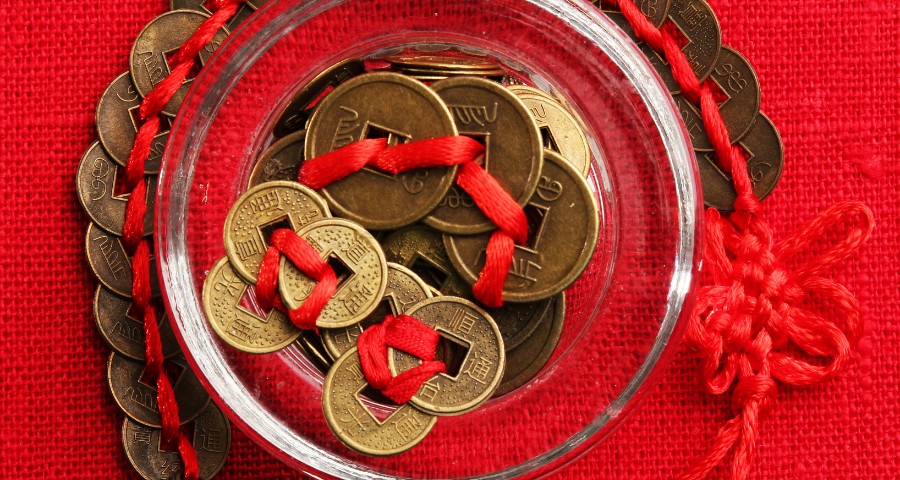
 James H.
James H.